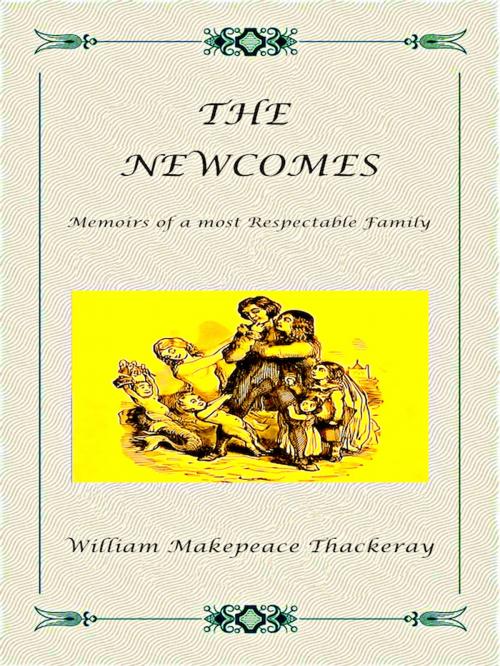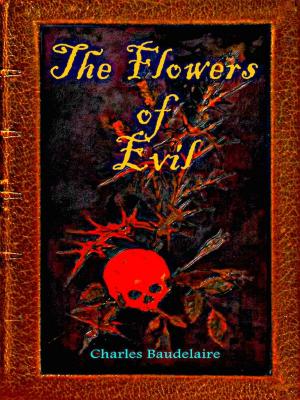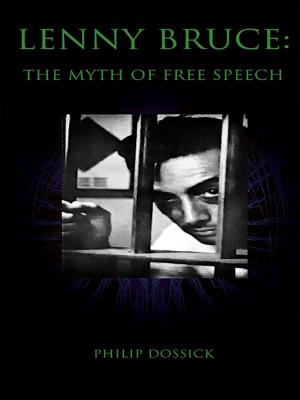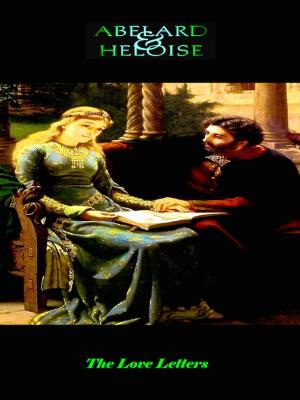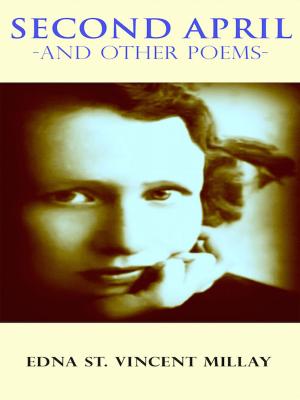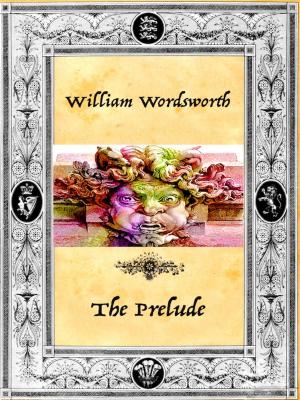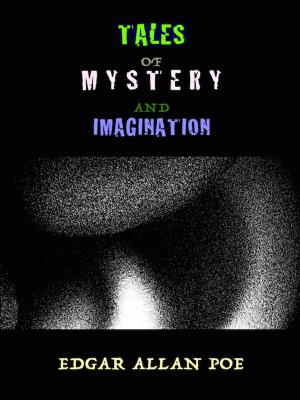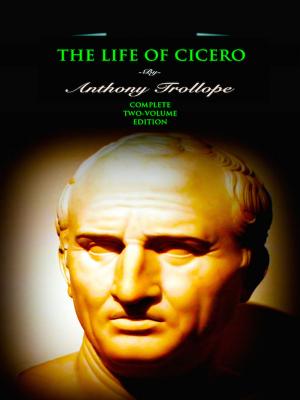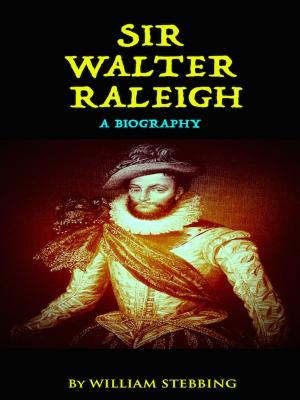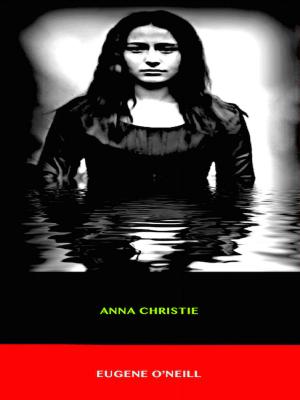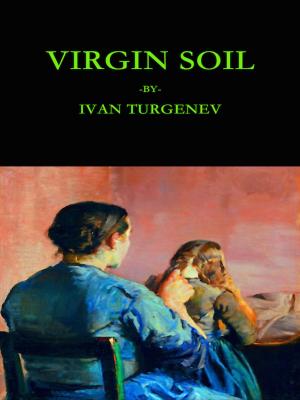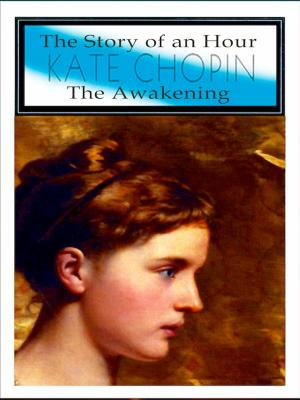| Author: | William Makepeace Thackeray | ISBN: | 1230001939286 |
| Publisher: | Editions Artisan Devereaux LLC | Publication: | September 27, 2017 |
| Imprint: | Language: | English |
| Author: | William Makepeace Thackeray |
| ISBN: | 1230001939286 |
| Publisher: | Editions Artisan Devereaux LLC |
| Publication: | September 27, 2017 |
| Imprint: | |
| Language: | English |
The Newcomes is among the most richly allusive novels in English. Thackeray shows himself to be worthy of comparison with Dickens, Balzac, and Zola in the evocation of a great city's complex cultural life. Set in the 1830s and 1840s, a period of rapid change and political and economic development, the novel considers the fortunes and misfortunes of a 'most respectable' extended middle-class family.
Ostensibly "written by" Arthur Pendennis, another Thackeray character involved in this (as well as other works), and acting as a Greek chorus as the action develops; the great subject of this novel is the Victorian marriage market, where girls and young women are brought out to great fanfare into the world and compelled to marry not for love but for rank, money and prestige.
Thackeray had great success with "Vanity Fair"—it made him an overnight success; But by "The Newcomes", he had mellowed, and instead of biting satire, he brings a nuanced understanding of humanity.
The novel’s main character is Colonel Newcome, a man of simple but pure morals and manner, some money, a little prestige, but not a great man according to the standards of the wider world. His fondest wish is to see his beloved only son, Clive, marry his cousin, the lovely rather feisty Ethel Newcome. Ethel's beauty and wit rank her as one of the great beauties of fashionable London.
Ethel is taken under the wing of her grandmother, the Lady Kew, who makes it her goal in life to see Ethel, married off to the richest and highest ranking noble she can catch.
The action moves from London to Brighton, from England to France, from the political ambitions of an older generation in the industrial North to the painterly pretensions of a younger generation in Italy.
At its center is Thomas Newcome, a retired Colonel in the Indian Army who finds the snobberies and hypocrisies of early Victorian England distressing.
In a world of men on the make, of social mobility, and of the buying and selling of women in an aristocratic marriage market, it is the Colonel's old-fashioned gentlemanliness that stands out from a self-seeking society.
The most observant and witty among Thackeray's studies, The Newcomes is also among his most complex and allusive novels; an important novel, grand in scope, touching, a mirror on society, heartbreaking, but deeply rewarding.
WILLIAM MAKEPEACE THACKERAY (1811-1863) was an 19th century English novelist famous for his brilliant satirical works, particularly Vanity Fair, a sardonic portrait of English society, and Barry Lyndon, a novel about a rascal’s rise and fall. Today he is esteemed by many as second only to Charles Dickens in his mastery of the modern novel.
The Newcomes is among the most richly allusive novels in English. Thackeray shows himself to be worthy of comparison with Dickens, Balzac, and Zola in the evocation of a great city's complex cultural life. Set in the 1830s and 1840s, a period of rapid change and political and economic development, the novel considers the fortunes and misfortunes of a 'most respectable' extended middle-class family.
Ostensibly "written by" Arthur Pendennis, another Thackeray character involved in this (as well as other works), and acting as a Greek chorus as the action develops; the great subject of this novel is the Victorian marriage market, where girls and young women are brought out to great fanfare into the world and compelled to marry not for love but for rank, money and prestige.
Thackeray had great success with "Vanity Fair"—it made him an overnight success; But by "The Newcomes", he had mellowed, and instead of biting satire, he brings a nuanced understanding of humanity.
The novel’s main character is Colonel Newcome, a man of simple but pure morals and manner, some money, a little prestige, but not a great man according to the standards of the wider world. His fondest wish is to see his beloved only son, Clive, marry his cousin, the lovely rather feisty Ethel Newcome. Ethel's beauty and wit rank her as one of the great beauties of fashionable London.
Ethel is taken under the wing of her grandmother, the Lady Kew, who makes it her goal in life to see Ethel, married off to the richest and highest ranking noble she can catch.
The action moves from London to Brighton, from England to France, from the political ambitions of an older generation in the industrial North to the painterly pretensions of a younger generation in Italy.
At its center is Thomas Newcome, a retired Colonel in the Indian Army who finds the snobberies and hypocrisies of early Victorian England distressing.
In a world of men on the make, of social mobility, and of the buying and selling of women in an aristocratic marriage market, it is the Colonel's old-fashioned gentlemanliness that stands out from a self-seeking society.
The most observant and witty among Thackeray's studies, The Newcomes is also among his most complex and allusive novels; an important novel, grand in scope, touching, a mirror on society, heartbreaking, but deeply rewarding.
WILLIAM MAKEPEACE THACKERAY (1811-1863) was an 19th century English novelist famous for his brilliant satirical works, particularly Vanity Fair, a sardonic portrait of English society, and Barry Lyndon, a novel about a rascal’s rise and fall. Today he is esteemed by many as second only to Charles Dickens in his mastery of the modern novel.
